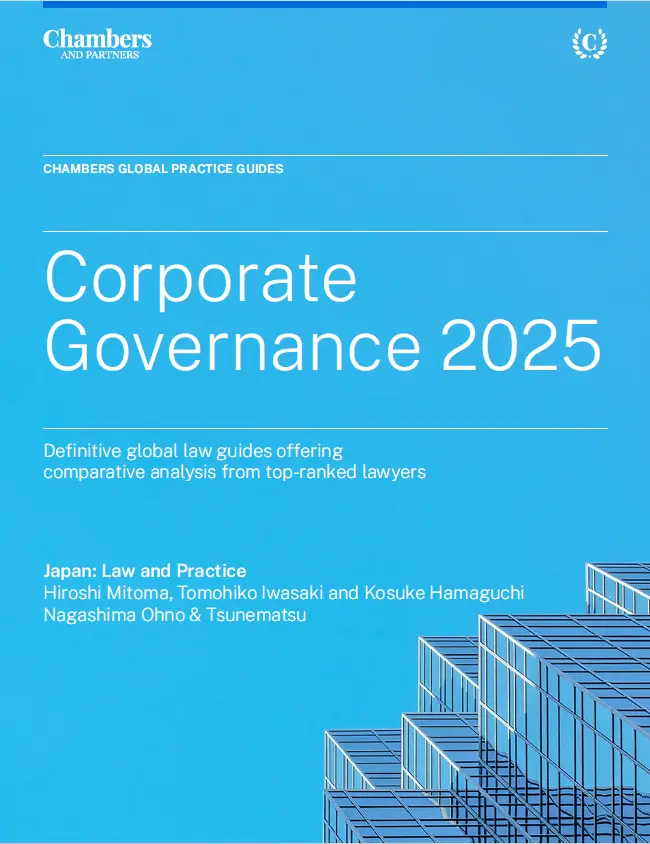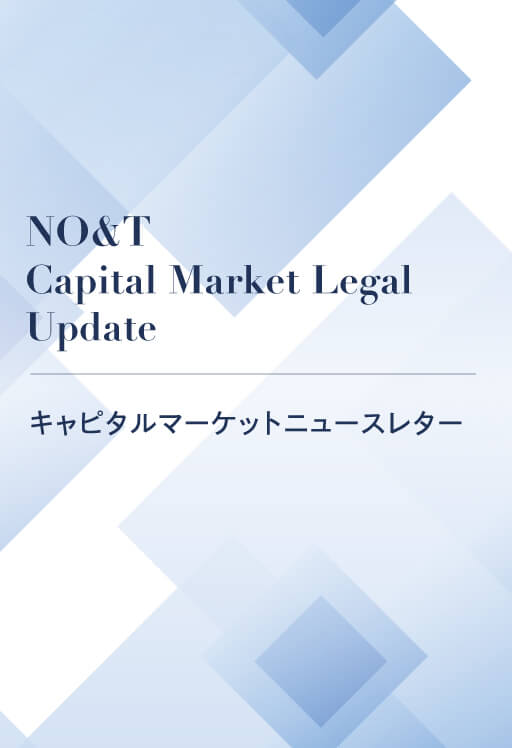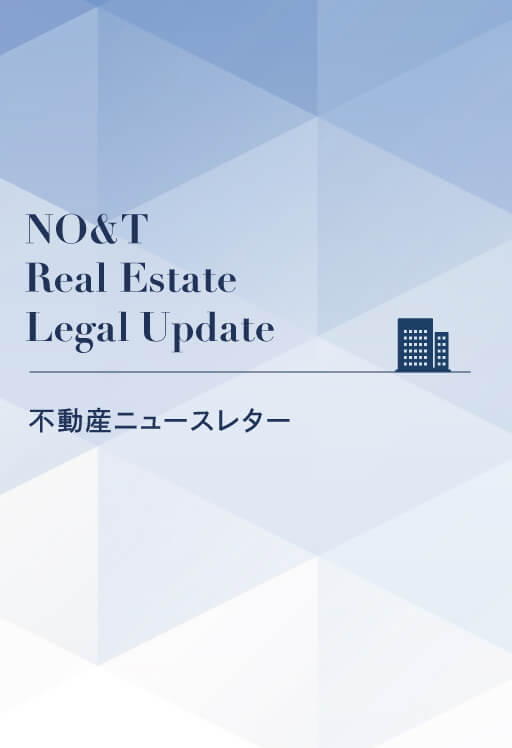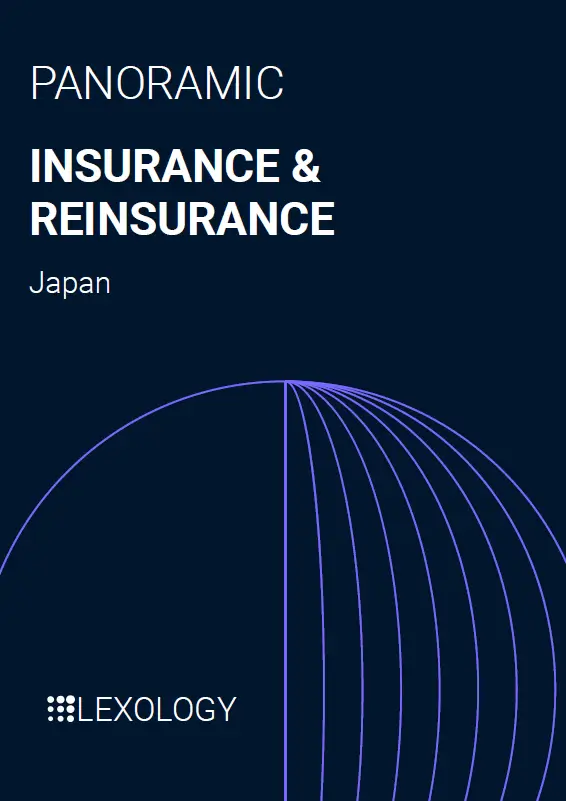
NO&T Asia Legal Review
Indonesia’s financial services sector just entered a new chapter. With the issuance of OJK Regulation No. 30 of 2024 (“POJK 30/2024”), the Financial Services Authority (Otoritas Jasa Keuangan – “OJK”) has officially overhauled the framework for supervising financial conglomerates. Replacing OJK Regulation No. 45/POJK.03/2020 on Financial Conglomeration (“POJK 45/2020”), POJK 30/2024 introduces a fresh approach, with broader definitions and stricter oversight – all aligning with the government’s bigger push to strengthen the financial sector under the Law No. 4 of 2023 on the Development and Strengthening of the Financial Sector (also known as PS2K Law).
What does this mean in practice? The most immediate change is the introduction of the Financial Conglomerate Holding Company (Perusahaan Induk Konglomerasi Keuangan – “PIKK”). The concept of “Main Entity” (Entitas Utama) under POJK 45/2020 model has been retired. The OJK now requires qualifying financial group companies to appoint a PIKK to sit at the top of the structure. This PIKK will take the lead in shaping the overall strategy, coordinating risk management, and making sure that all group entities are compliant. Depending on how the group is set up, the PIKK could be an existing licensed financial institution or a non-operational holding company.
Financial Conglomerate (Konglomerasi Keuangan) under the POJK 30/2024 is defined as a group of financial services institutions that operate under common ownership and/or control.
POJK 30/2024 introduces a clear requirement for controlling shareholders (Pemegang Saham Pengendali) and/or ultimate controlling shareholders (Pemegang Saham Pengendali Terakhir) of a Financial Conglomerate to establish a PIKK if the group meets one of the following thresholds:
Although the IDR 100 trillion threshold has been there since POJK 45/2020, the OJK has introduced a “smaller” threshold to cover groups with total consolidated assets less than IDR 100 trillion. Under POJK 30/2024, smaller groups with total consolidated assets between IDR 20 trillion and IDR 100 trillion are also caught if they operate across three different financial sectors. This lower threshold is a big shift, bringing mid-sized groups into scope for the first time. On top of that, the OJK has expanded the definition of LJK to include not just banks, insurance companies, finance and securities companies, but also venture capitals, fintech players like P2P lenders and crowdfunding platforms.
Another important change introduced by POJK 30/2024 is the emphasis on clarity of ownership and control within Financial Conglomerates. POJK 30/2024 sets out detailed criteria for determining control and places restrictions on cross-ownership among group entities. While certain exceptions are allowed – such as minority ownership or relationships between parent and subsidiary companies – the overarching objective is to simplify group structures and enhance regulatory visibility.
Governance expectations under POJK 30/2024 have also been elevated. In addition to the existing requirement to prepare a corporate charter, Financial Conglomerates must now prepare a comprehensive corporate plan. This plan should outline, at the minimum:
The PIKK is expected to take an active role in guiding these efforts, ensuring that each entity within the group is aligned with the broader objectives. The shift reflects the OJK’s intention to hold larger, more complex financial groups to a higher standard of oversight and accountability.
For existing financial conglomerates, the transition to the PIKK model will likely require more than a simple adjustment. Some groups may need to establish a new holding company or restructure ownership arrangement to meet the new regulatory expectations. Beyond structural changes, there may also be a need to enhance governance practices – particularly in areas such as group-level coordination.
For groups that did not previously qualify under POJK 45/2020 but now fall within the scope of POJK 30/2024, the transition may present a different set of challenges. These newly qualified groups may not have existing structures in place to support group-level compliance or integrated governance. As a result, the introduction of the PIKK requirement may prompt a need to rethink how responsibilities are allocated across the group, how decisions are coordinated, and how risk is managed holistically.
These groups will need to begin by assessing whether they meet the updated criteria, both in terms of asset size and the number of financial institutions operating across different sectors. Once confirmed, they must determine the most appropriate PIKK structure, whether operational or non-operational. Establishing a PIKK may require not only legal restructuring, but also the development of entirely new governance frameworks, internal controls, and reporting mechanisms. From the OJK’s perspective, the regulatory expectation is that all qualifying groups, regardless of size or past regulatory experience, are expected to comply with the new requirements within the prescribed timeline.
POJK 30/2024 provides a transitional period for companies to adjust to the new requirements. Entities that meet the criteria for a Financial Conglomerate under POJK 30/2024 must submit their application to establish a PIKK no later than 23 June 2025, which is six months from POJK 30/2024’s effective date. POJK 30/2024 also prescribed that qualification assessments will be based on financial reports as of 30 June 2024, giving institutions a clear reference point for determining whether they fall within scope.
Following the OJK’s approval of a PIKK application, Financial Conglomerates will have up to one year to complete any necessary restructuring to comply with the new framework, unless a longer period is granted by the OJK. This may include adjusting ownership structures and/or updating governance arrangements to align with POJK 30/2024.
POJK 30/2024 marks a decisive move in Indonesia’s ongoing efforts to strengthen the regulatory foundation of its financial sector. By redefining what constitutes a financial conglomerate and mandating the establishment of PIKK, the OJK aims to promote greater transparency and more consistent supervision across financial groups that operate under shared control or ownership. For many institutions, the transition to the new framework will involve more than compliance. In some cases, this may include establishing a new holding entity and revisiting existing shareholder arrangements.
POJK 30/2024 also brings into scope a broader range of financial groups that were not previously classified as conglomerates under the earlier framework. These newly captured groups should carefully assess whether they now meet the updated thresholds and, if so, begin evaluating the most appropriate structure for establishing a PIKK. More broadly, POJK 30/2024 encourages more coordinated implementation of risk management, governance, capital planning, and other key aspects across the financial conglomerate.
This newsletter is given as general information for reference purposes only and therefore does not constitute our firm’s legal advice. Any opinion stated in this newsletter is a personal view of the author(s) and not our firm’s official view. For any specific matter or legal issue, please do not rely on this newsletter but make sure to consult a legal adviser. We would be delighted to answer your questions, if any.


Patricia O. Ko


Yuan Yao Lee


Yusei Uji


Shunsuke Minowa, Poonyisa Sornchangwat (Co-author)


Yusei Uji


(June 2025)
Hiroshi Mitoma, Tomohiko Iwasaki, Kosuke Hamaguchi (Co-author)


Chattong Sunthorn-opas, Thunsinee Sungmongkol (Co-author)


Ario Putra Pamungkas


Ryuji Oka


Yothin Intaraprasong, Theerada Temiyasathit (Co-author)


Yuichi Miyashita, Miho Susuki (Co-author)


Makoto Saito, Shinichiro Horaguchi, Yoshihisa Watanabe, Ramsay Randall (Co-author)


Ryuji Oka


(May 2025)
Keitaro Oshimo


Ario Putra Pamungkas


(October 2024)
Sosuke Kimura (Co-author)


Supasit Boonsanong, Thananya Pholchaniko, Phareeya Yongpanich (Co-author)


Patricia O. Ko


Claire Chong, Nozomi Kato (Co-author)


Yuan Yao Lee


Supasit Boonsanong, Thananya Pholchaniko, Phareeya Yongpanich (Co-author)


Patricia O. Ko


Claire Chong, Nozomi Kato (Co-author)


Yuan Yao Lee


Ichsan Montang, Valencia Wijaya (Co-author)


Ario Putra Pamungkas


Yoichi Maekawa


Anastasia Jessica Maureen